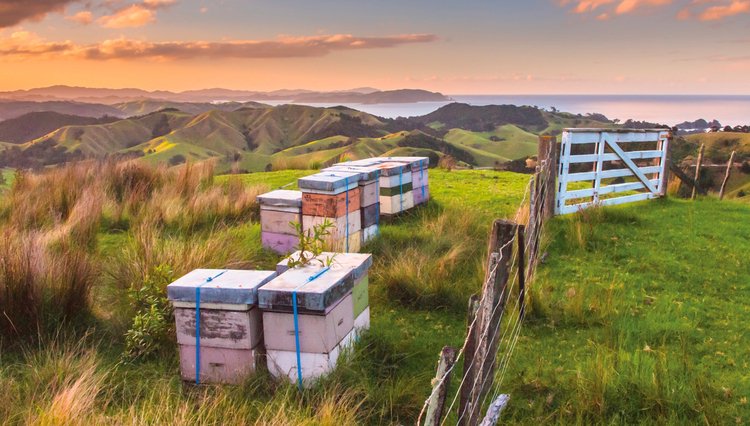For many years Pharmapac has put measures in place to make our production methods and our products as environmentally friendly as possible.
Sustainability is an integral part of what we do and naturally helps us to always want to be better, we are so proud of what we have accomplished in this area. We have built-in energy and water efficiencies into our manufacturing plant and a regrind and recycling facility onsite allows us to process post manufacturing recyclate for reuse in certain products.
It is important to us to do more than just “talk the talk” of sustainability and environmentally conscious manufacturing, and to make real changes in how we care for our planet.
As well as achieving our own sustainability targets and goals we often assist our customers in working towards their own best practices, we have worked in government working groups, spoken at forums and are involved in the wider plastics industry through Plastics New Zealand to facilitate best environmental practices as well as offering our knowledge and support. Our Sustainability Manager Chairs the Plastics New Zealand environment committee and sits on the National Exec of Plastic New Zealand.


When you purchase a Pharmapac product, you can feel good about buying from a company that takes an ethical approach to manufacturing, using environmentally responsible processes that are independently audited and verified
- Toitū Enviromark Diamond Certified
- 100% New Zealand owned and operated
- Resins, masterbatches and closure liners used are compliant to relevant EU/FDA standards
- AS/NZS ISO 9001:2015 accredited
- Operation Clean Sweep certified
- Investor for Impact of the Sustainable Business Network
- 100% recyclable packaging
- Zero Net Waste Manufacturer
- Onsite post-industrial recycling facility
- Socially sustainable manufacturer
- State-of-the-art manufacturing plant saving on energy and water usage
We are very proud of our team's collective environmental effort and achievements. To view our accreditations please click here
All of our rigid plastic packaging is recyclable polymers 1,2 & 5.
At Pharmapac we have chosen recyclable polymers over alternatives such as compostable or biodegradable plastic bottles. Based on the research we’ve done, and feedback from our clients and industry organisations recycling has been shown to be the most efficient way to make a difference today.
At present there are no suitable options for mainstream processing of compostable or biodegradable bottles, so when they are sent to landfill or are mixed in with recyclable bottles, they can actually cause more problems. While great in concept there is still a lot of confusion in this area as far as what will break down in home compost environments vs commercial composting facilities (NZ has limited commercial composting facilities) and the effect biodegradables have on landfill environments.
For all of these reasons, we’ve chosen to promote recyclable packaging while we keep up with the research and keep an eye on advancements in this area.
We are working toward the development of other products and processes with increasing amounts of post-industrial recycled resins, post-consumer recycled resins and alternative polymers from sustainable sources like sugarcane, as part of our ongoing reduce, reuse, recycle commitment.
We have also designed in features to our packaging with end recyclability in mind. For example, our removable tamper evident band on our packaging allows separation of dissimilar resins during the recycling process.

Pharmapac packaging is made of the following recyclable plastics:
- PET #1: this polymer is recycled into the following products – new packaging containers, strapping, carpet fibres, clothing, shoes (Adidas, etc) and textiles.
- rPET #1: this polymer is recycled into the same products as PET #1 and the recycling options are the same as PET.
- HDPE #2: this polymer is recycled into shampoo bottles, industrial products.
- SugarCane HDPE #2: this polymer is recycled into the same products as HDPE and the recycling options is the same.
- PP #5: this polymer is recycled into playground equipment, rubbish bins, outdoor furniture, automotive products, household tools/utensils, outdoor tools, and trays.








